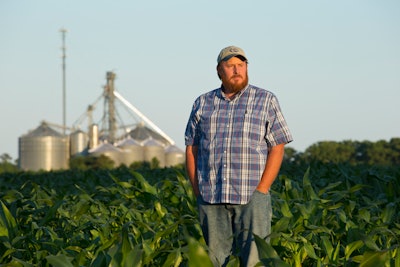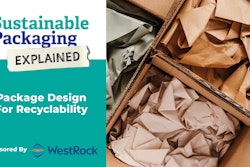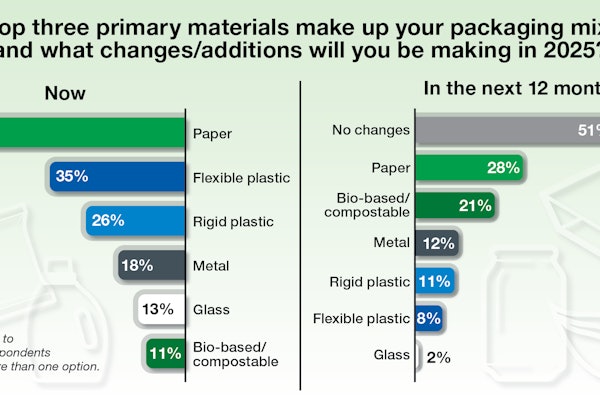
Opponents of New York's Packaging and Recycling Infrastructure Act are expressing concerns about the proposed legislation, which aims to ban certain chemicals and plastic packaging while shifting the responsibility for managing plastic waste from taxpayers to the producers, according to Spectrum News 1. Business owners and packaging producers argue that elected officials are rushing the process, and they raise several issues with the bill.
The legislation includes creating an Extended Producer Responsibility (EPR) system that would impose fees on large companies using single-use plastic products for packaging. These fees would fund local recycling programs and infrastructure improvements, part of the state's efforts to tackle plastic waste as outlined in its climate action plan.
New York Farm Bureau President David Fisher is among those opposing the bill. He warns that the EPR program could adversely affect New York farms and food producers. He highlights concerns about packaging restrictions required for food safety, which could lead to increased costs for dairy farms, wineries, cideries, and other food and beverage producers. These businesses are already grappling with the challenges of a downturn in the agricultural economy and rising inflation.
Fisher emphasizes that farm producers are unprepared to take on the responsibilities associated with the significant change in how the state manages waste. He calls for more time and an impact study to be conducted before implementing such a substantial transformation, pointing out the uncertainties surrounding the creation of producer responsibility organizations, the overall costs, and the handling of out-of-state packaging.
























